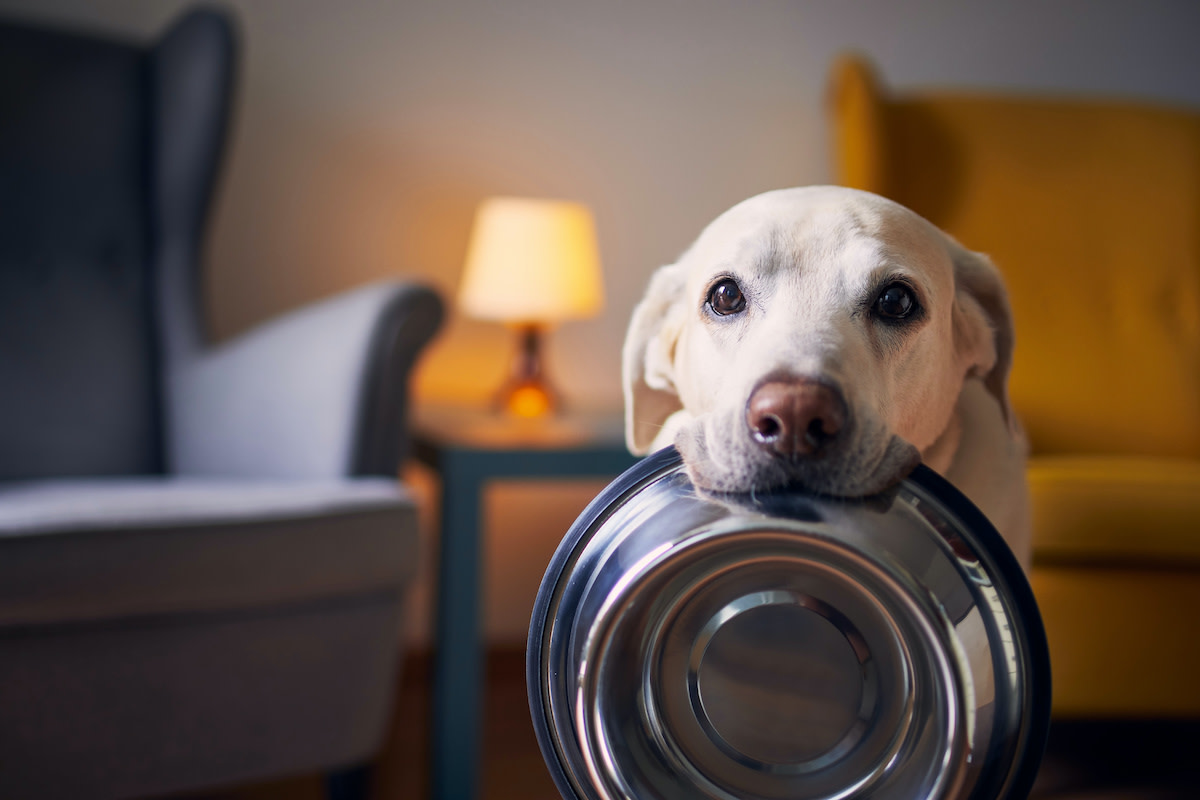Can Dogs Eat Brazil Nuts? 3 Health Risks for Dogs
Written by MasterClass
Last updated: Apr 12, 2022 • 2 min read
Dogs cannot eat Brazil nuts. Brazil nuts are large, making them a choking hazard, and they are high in fat and calories, which can result in weight gain and other issues for your dog’s health.
Learn From the Best
Can Dogs Eat Brazil Nuts?
No, you should not feed your dog Brazil nuts. Most Brazil nuts are high in fats and calories and can cause issues for your dog’s digestive system. If your dog eats a small quantity, the risks are low, but Brazil nuts in large quantities can be dangerous and lead to health issues for your pooch.
Nut butters made from Brazil nuts are also dangerous to dogs. Some peanut butters and other nut butters contain additives like artificial sweeteners and sugar substitutes (such as xylitol) that are dangerous for your dog. They also have a high amount of fat that can lead to obesity.
Are Brazil Nuts Safe for Dogs? 3 Health Risks Brazil Nuts Pose to Dogs
While Brazil nuts can be a healthy snack for dog owners, these nuts are not good dog treats and are unhealthy for large and small dogs. Feeding dogs Brazil nuts can lead to:
- 1. Choking: Most Brazil nuts are large, making it hard for your furry friend to chew them. They can be a choking hazard or even cause an intestinal blockage in your dog’s digestive tract. An intestinal obstruction could require a visit to the vet or cause long-term health issues.
- 2. Gastrointestinal distress: If your dog eats a large amount of Brazil nuts, it can lead to an upset stomach, digestive issues, or problems with the pancreas that could lead to pancreatitis.
- 3. Weight gain: Brazil nuts have a very high fat content. Feeding too many to your dog can lead to weight gain. Many other nuts and legumes are also high in fats and calories, including pistachios, macadamia nuts (which are toxic for dogs), cashews, hazelnuts, chestnuts, and pecans. This makes most nuts dangerous to add to your dog’s diet.
Before Sharing With Your Pooch
Certain human foods can cause adverse reactions in canines, so always consult your veterinarian to determine whether it is safe to add these foods to your pet’s diet. This article is for educational and informational purposes and is not a substitute for medical or dietary advice.
Want to Learn More About Training the Goodest Boy or Girl?
Your dream of having a dog who understands words like “sit,” “stay,” “down,” and—crucially— “no” is just a MasterClass Annual Membership away. The only things you’ll need to train up a well-behaved pup are your laptop, a big bag of treats, and our exclusive instructional videos from superstar animal trainer Brandon McMillan.
